January 1 marked the effective date of a new law passed on June 8, 2021, decriminalizing certain traffic infractions. Legislative attempts to decriminalize minor citations date back to 2013, but they were unsuccessful largely due to concerns about implementation and lost revenue. Perhaps those concerns were not unfounded, as AB116 has run into significant practical challenges that have resulted in inconsistencies and conflicts with standards of judicial practice.
The new law downgrades outstanding offenses that fall under the purview of the law to civil. Warrants are no longer issued for unpaid civil tickets, nor are individuals arrested unless a more severe infraction occurs.
Some of the reclassified offenses include speeding (less than 20 mph over the speed limit), driving too slowly and obstructing traffic, talking on a cell phone, failure to use turn signals, broken taillights, and similar other low-level traffic infractions.
Bench warrants are no longer issued for nonpayment, and individuals do not face jail time when they cannot afford to pay tickets or elect not to. From the legislature’s standpoint, these changes provide a more equitable system for handling minor infractions and allow the criminal justice system to focus on more serious crimes.
However, the new law has challenges. According to New River Township Justice Court Judge Benjamin Trotter, every jurisdiction addresses these new civil offenses differently. For example, the district attorney’s office no longer handles minor traffic citations in Churchill County.
Previously, the Churchill County DA might bring evidence against a driver, call the arresting officers as witnesses, or negotiate with the driver for an improved outcome. That is no longer the case in Fallon. The court and arresting officers are now responsible for successfully resolving these cases. However, this process varies between different jurisdictions.
Trotter explained that law enforcement officers who issue civil tickets provide affidavits but often do not attend court. “There is a presumption that their [officers] affidavits will be taken as testimony,” However, that is incorrect. “Not being able to question officers is basically hearsay,” he said. “This new way of doing things conflicts with the judicial process and many rules of evidence.”
In some jurisdictions, judges may tell drivers they cannot dismiss or reduce the charge because the citation is civil. In a recent minor incident in another county reported by a semi-truck driver, his dashcam video showed he was not at fault. However, the judge said, “his hands were tied,” despite his desire to drop the charge. As a result, the driver now has demerits on his driving record – a severe issue for commercial truck operators, and his employer took a substantial financial hit after his insurance rates increased.
Judge Trotter said if the dashcam video showed the driver was not at fault, he would have dismissed the ticket. This highlights the contrasting way courts handle similar cases. “This contradicts long-standing, hard-won judicial process,” he explained.
As a result of AB116, Trotter reports that he now dismisses more contested tickets than not. “Fines have increased, but drivers don’t have to pay,” he explained. “They can now make payments, but there is no real penalty for nonpayment.” The court has fewer unpaid ticket collection options without warrants or potential jail time. “It took away a lot of our ability to suspend licenses and weakened traffic enforcement.”
“Individuals still get due process, but civil tickets might hurt defendants,” explained Trotter. “With civil infractions, the burden of proof for conviction is a preponderance of evidence, which is only 51%. When the same infractions were considered criminal, there must be evidence beyond reasonable doubt.”
AB116 may not have streamlined the process of handling minor traffic infractions as the legislature hoped. According to Trotter, it has not decreased the workload for judges or made things easier for officers, and there is no method for collecting unpaid fines. “What is the net gain?” asked Trotter, “other than minor traffic offenses are no longer criminal,” as contested civil tickets still must be handled in court. From his standpoint, Trotter believes that the legislature needed a solid implementation plan that does not contradict judicial practice. “It’s a soup sandwich,” said Trotter. “There is no real gain.”



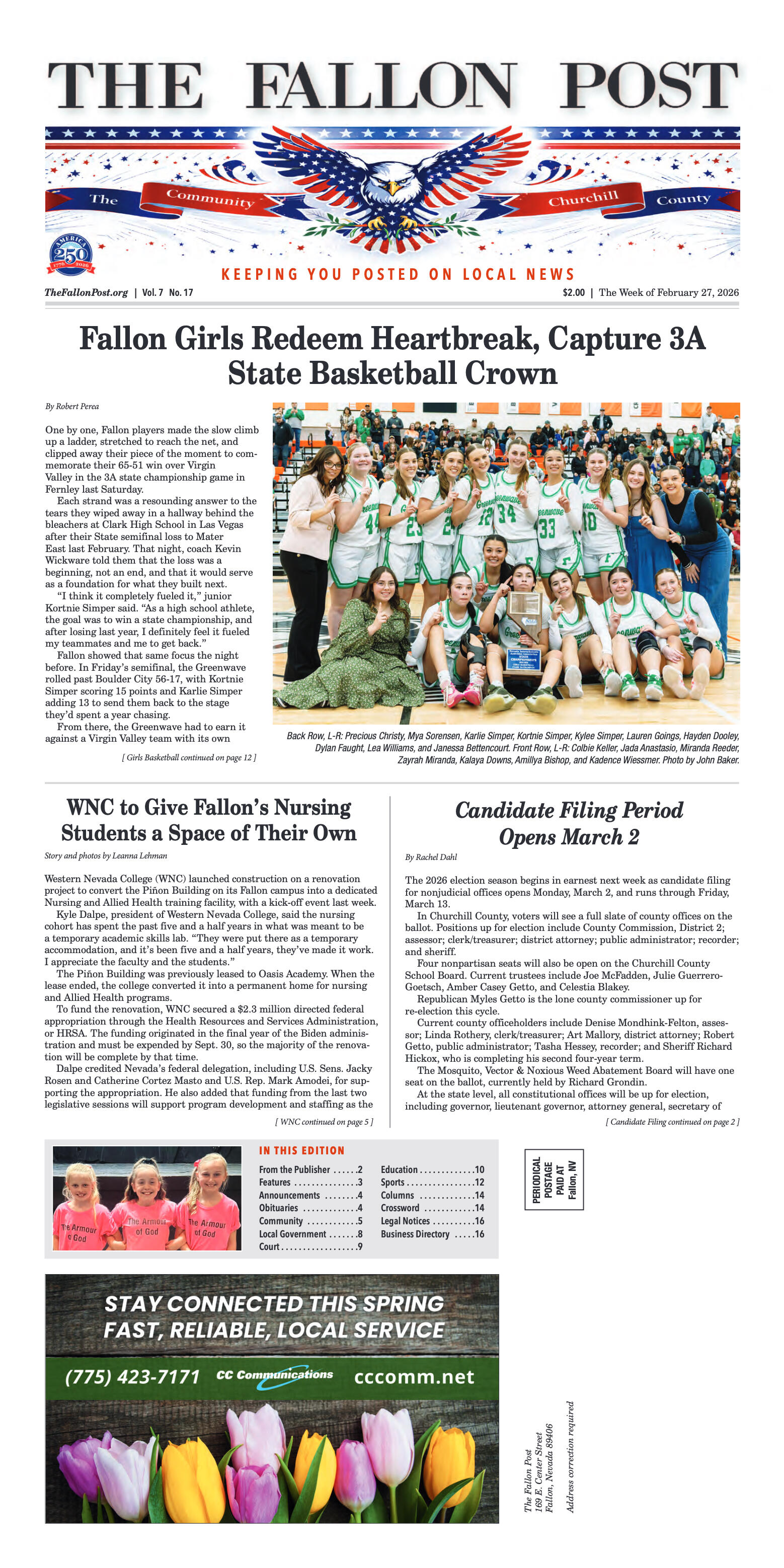

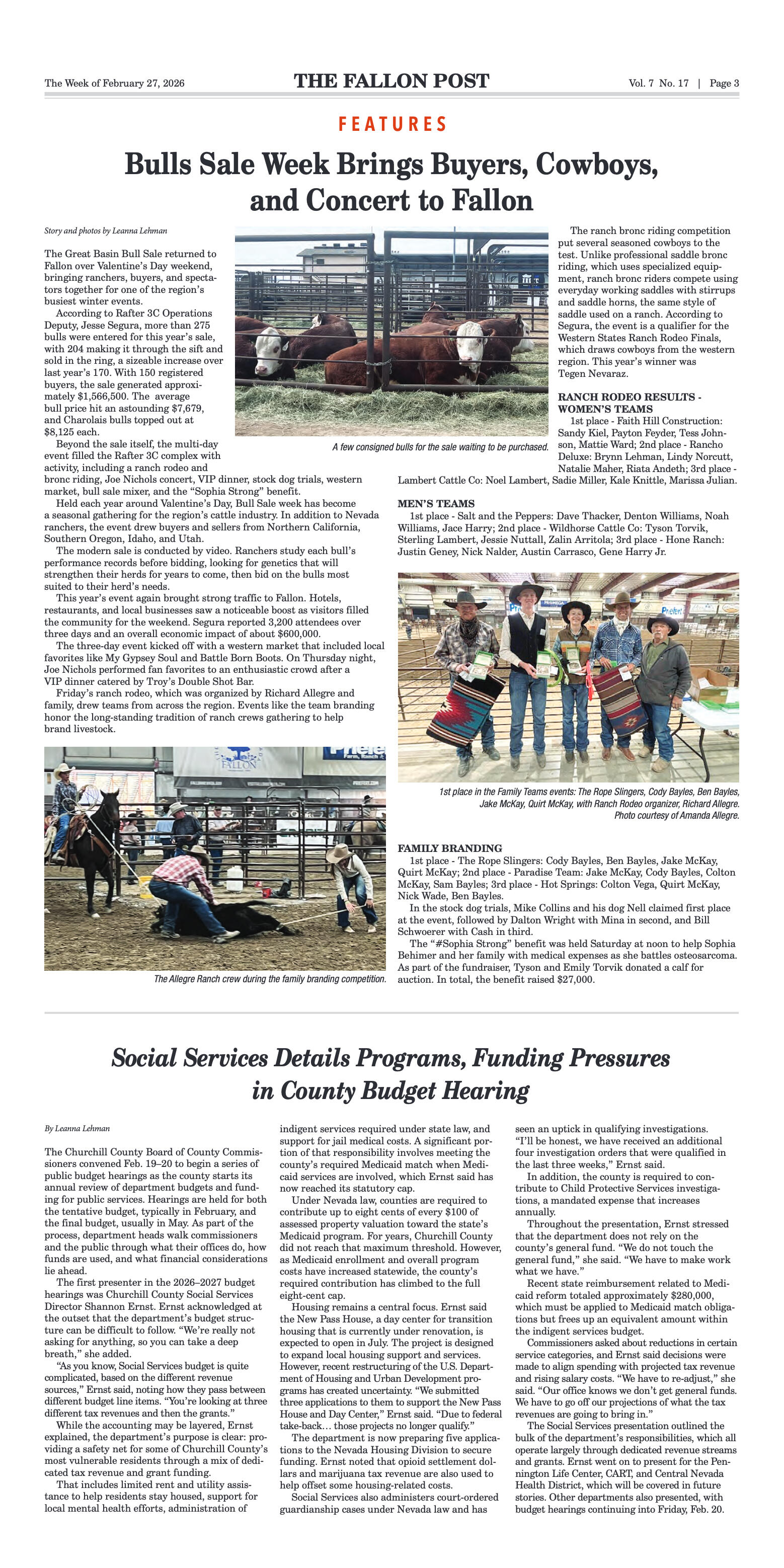
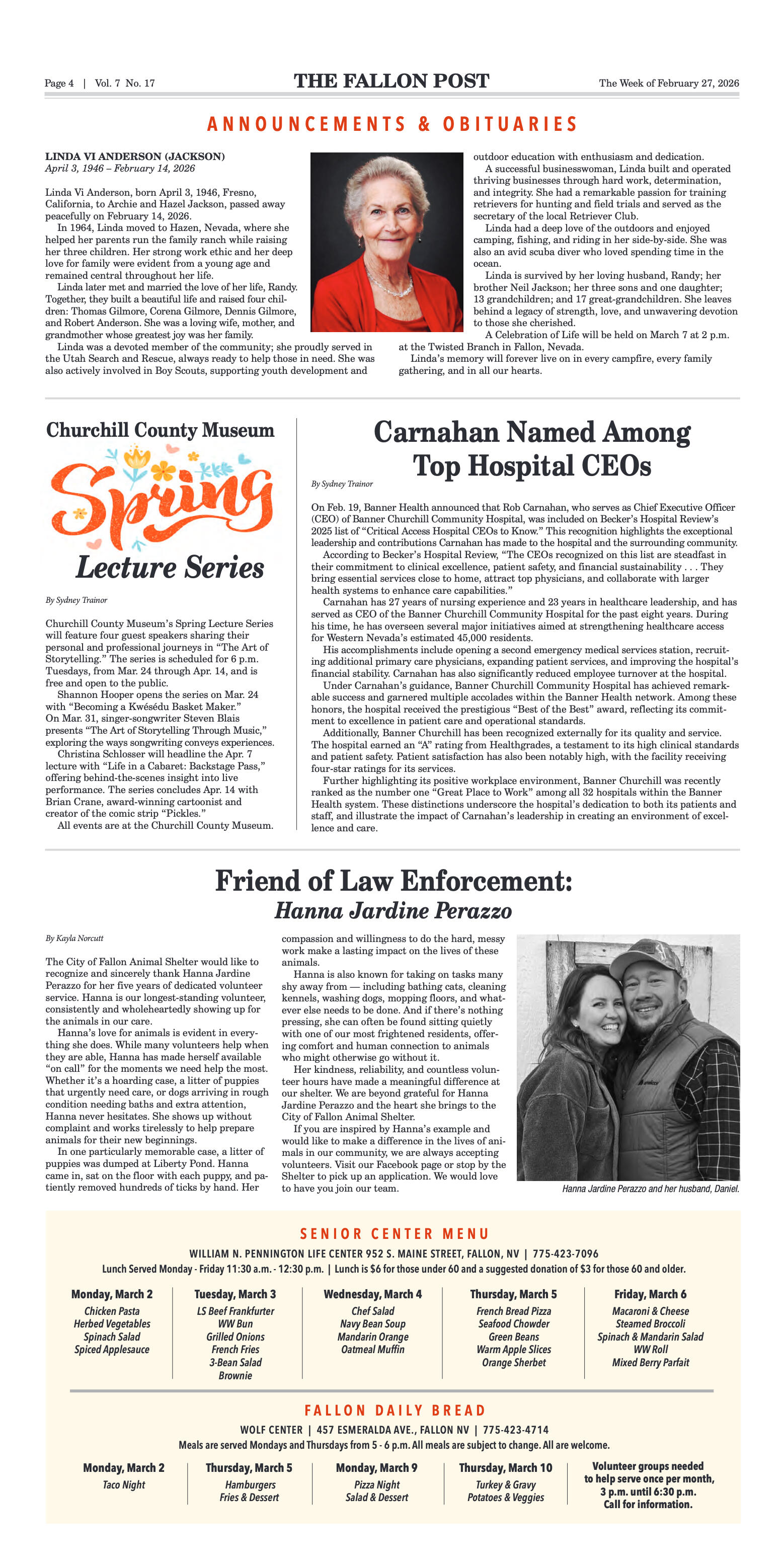
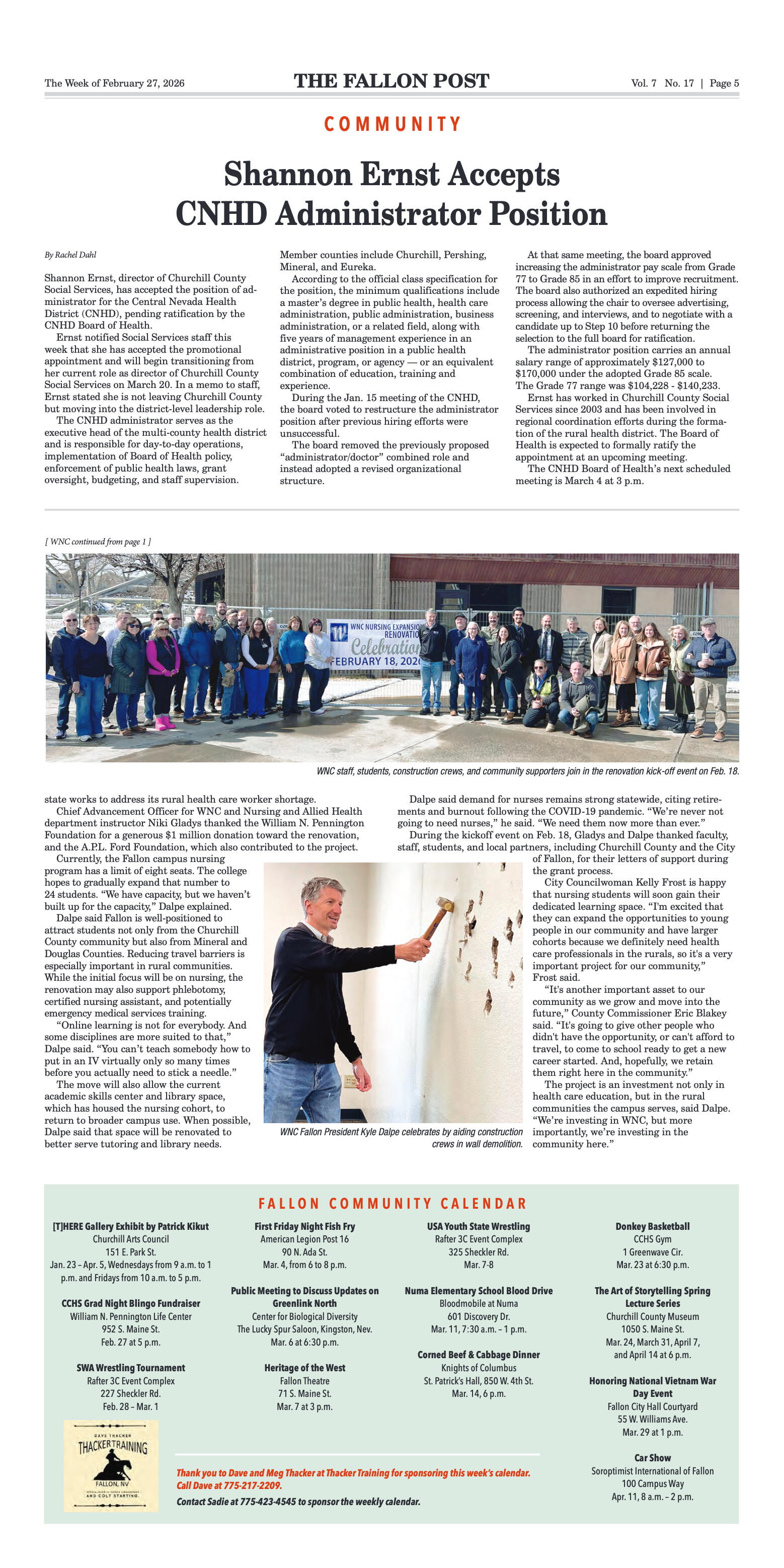


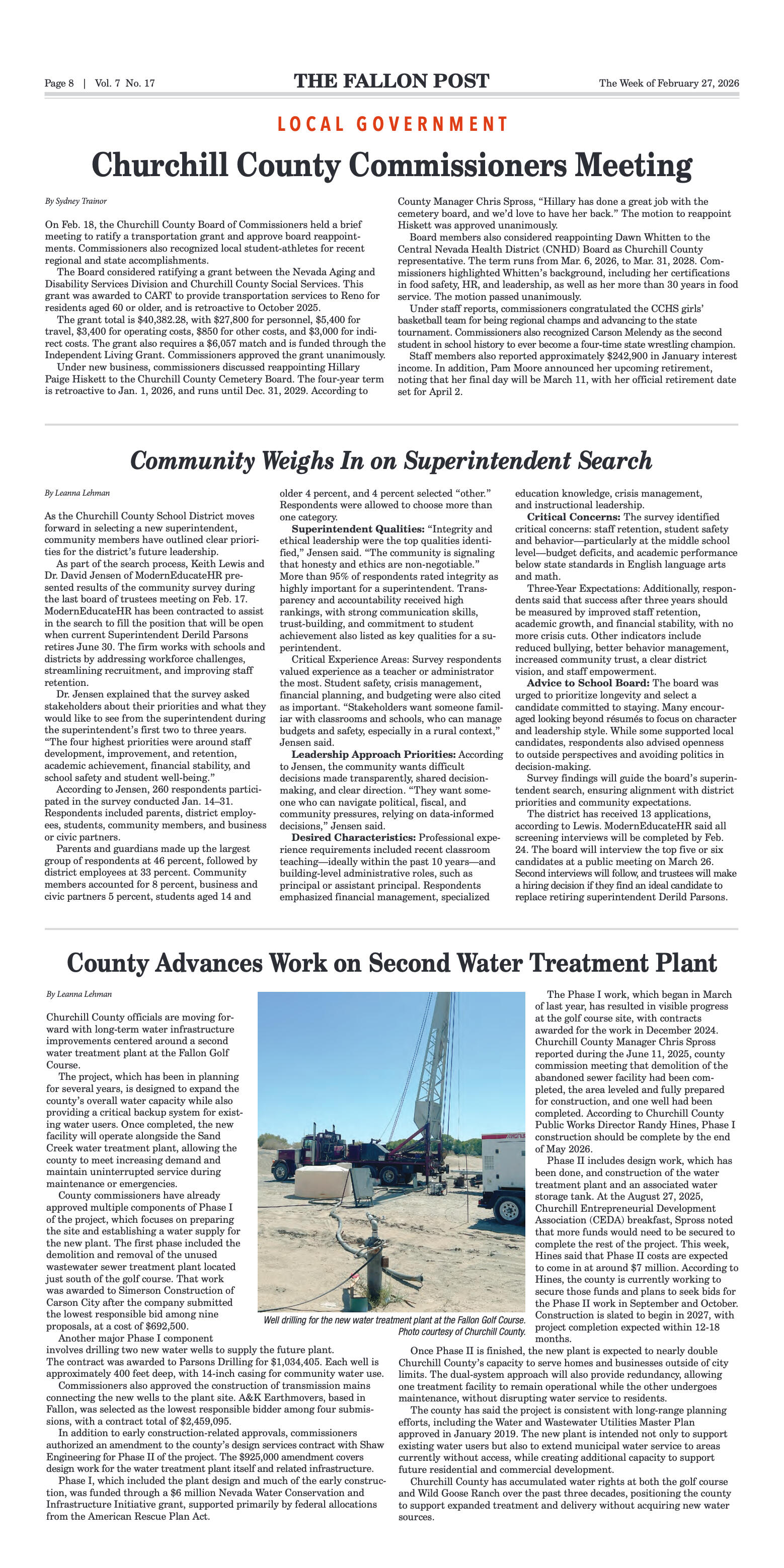
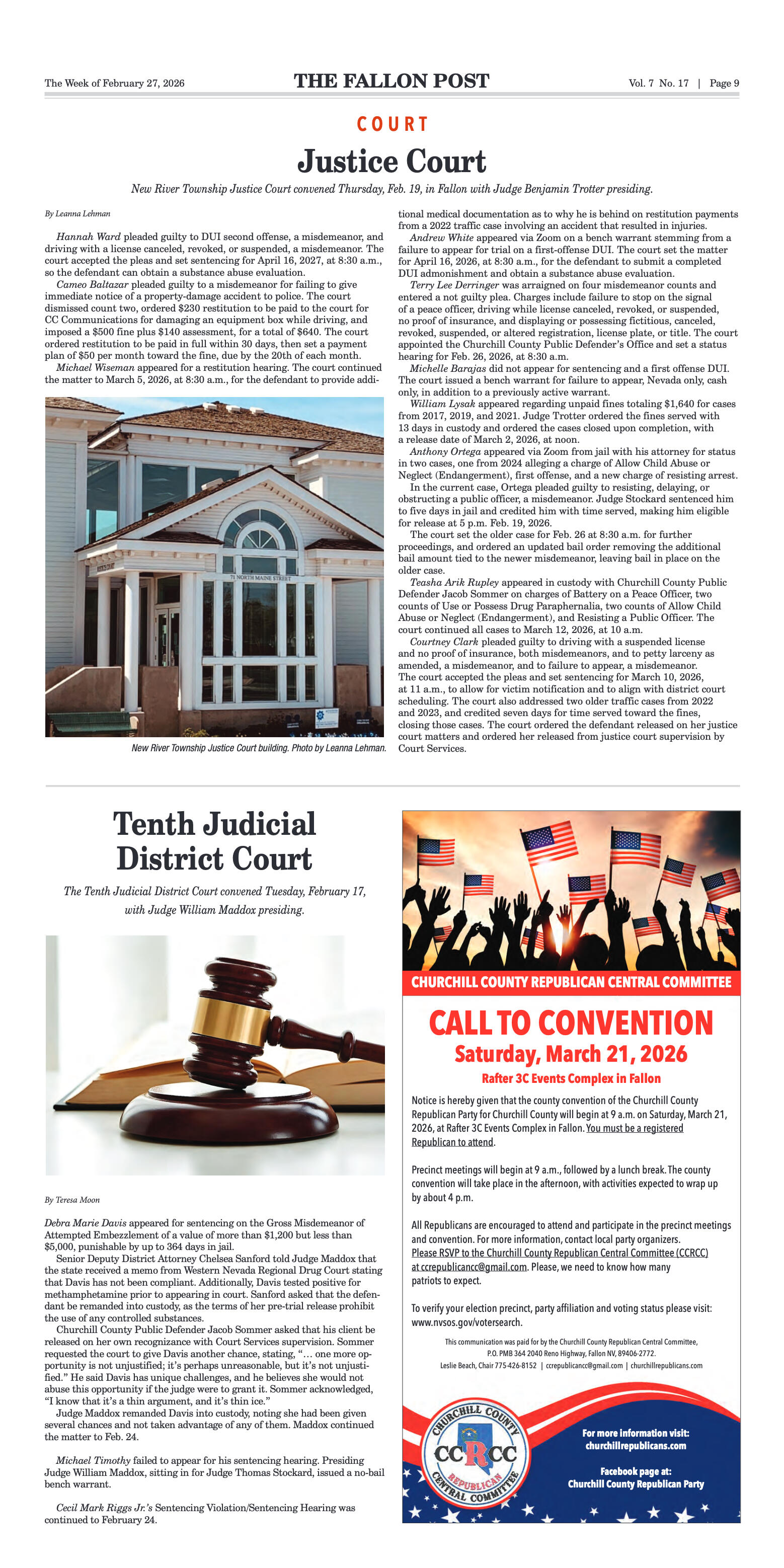




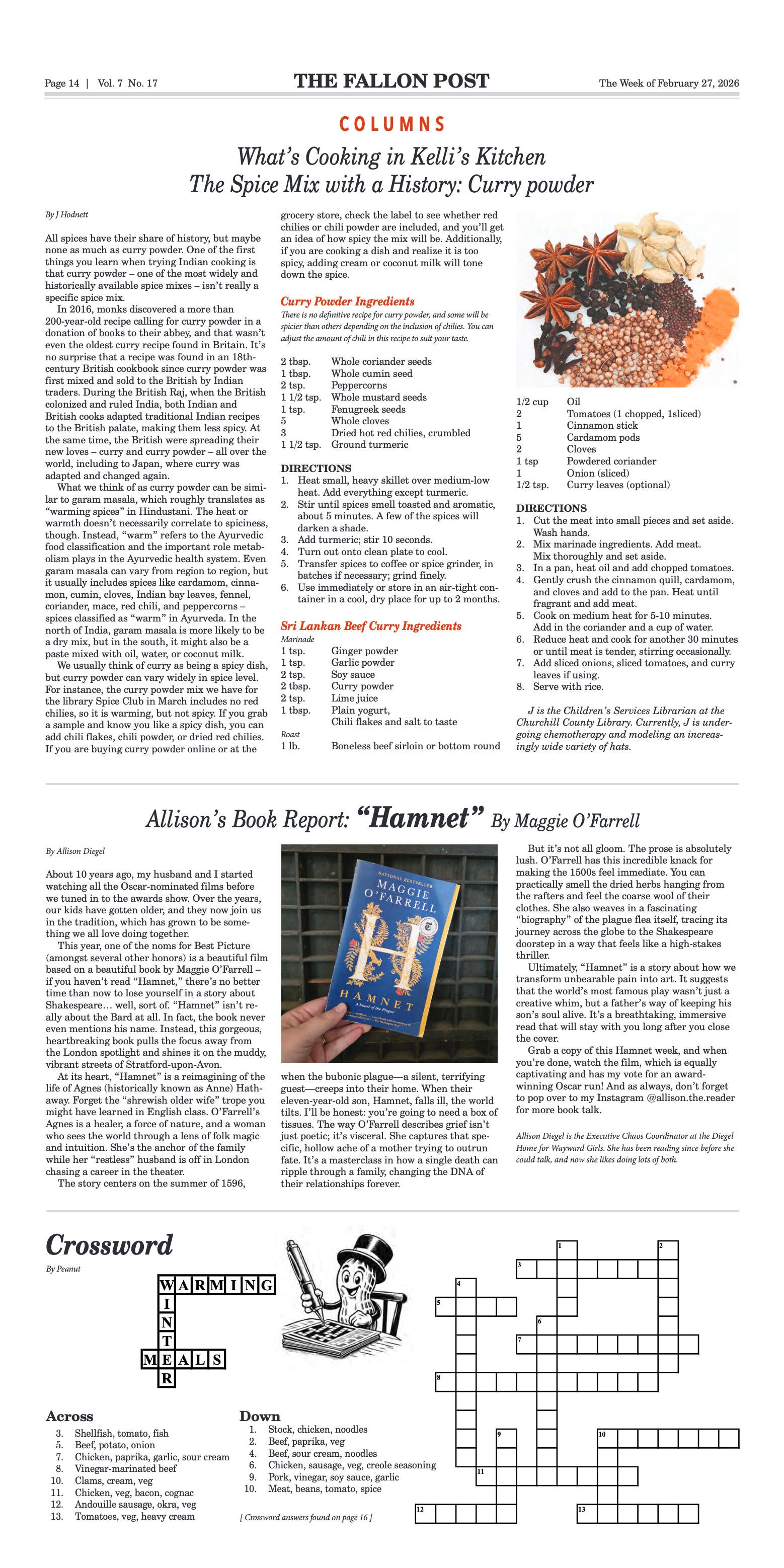

























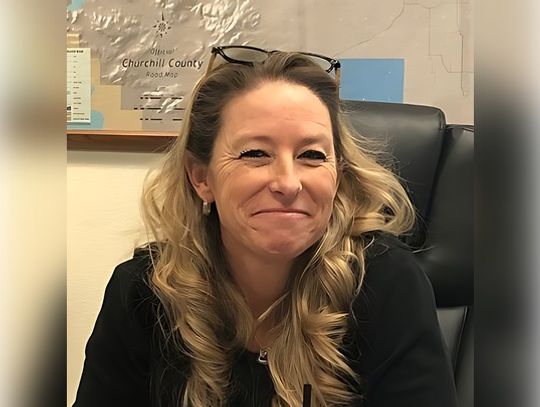


Comment
Comments